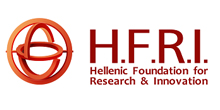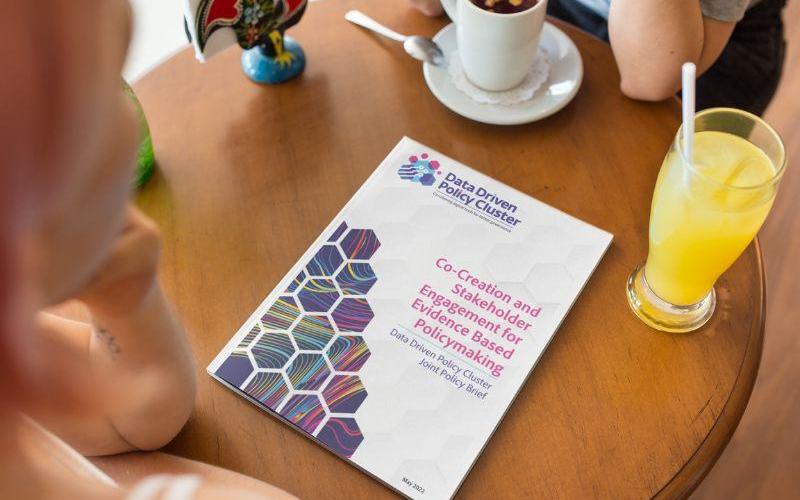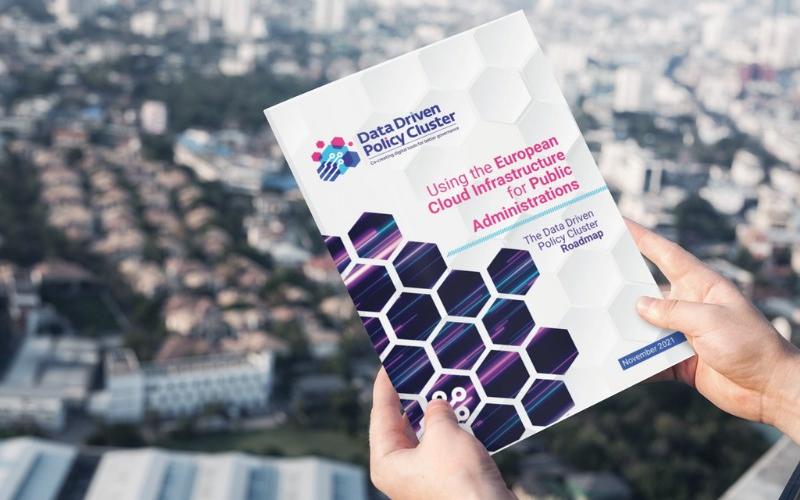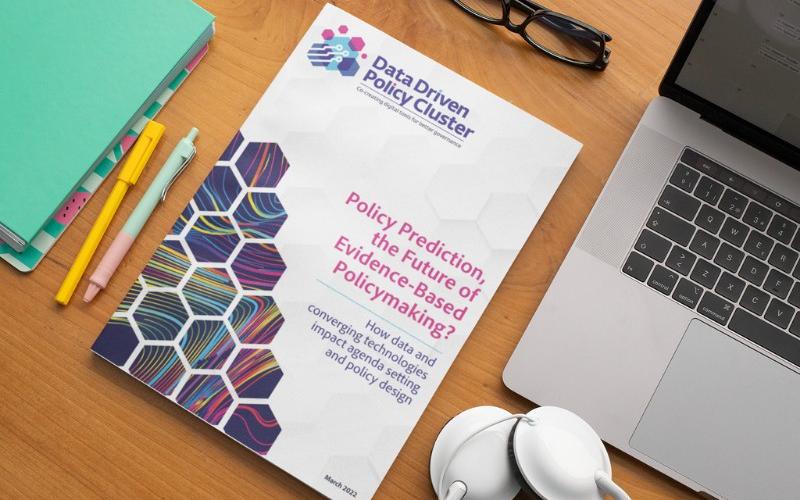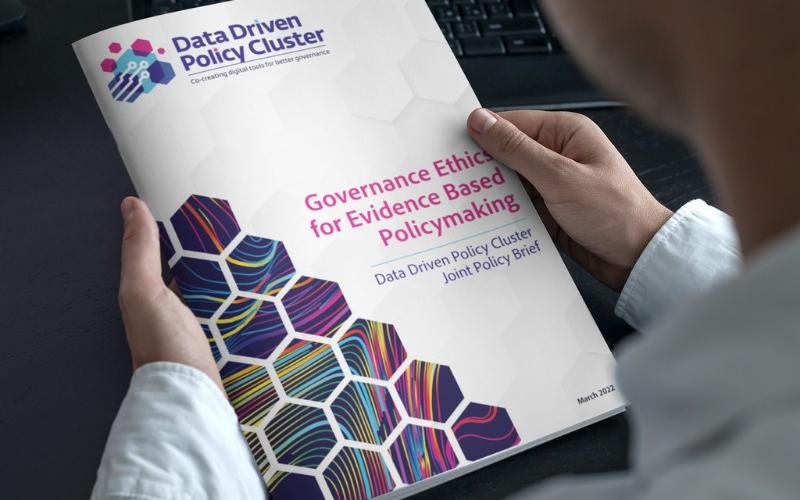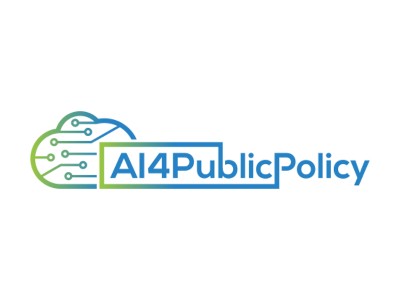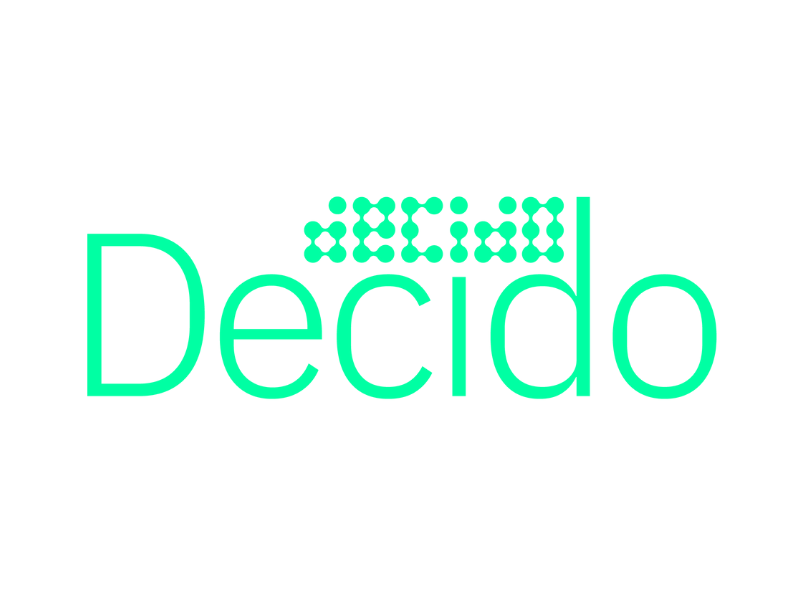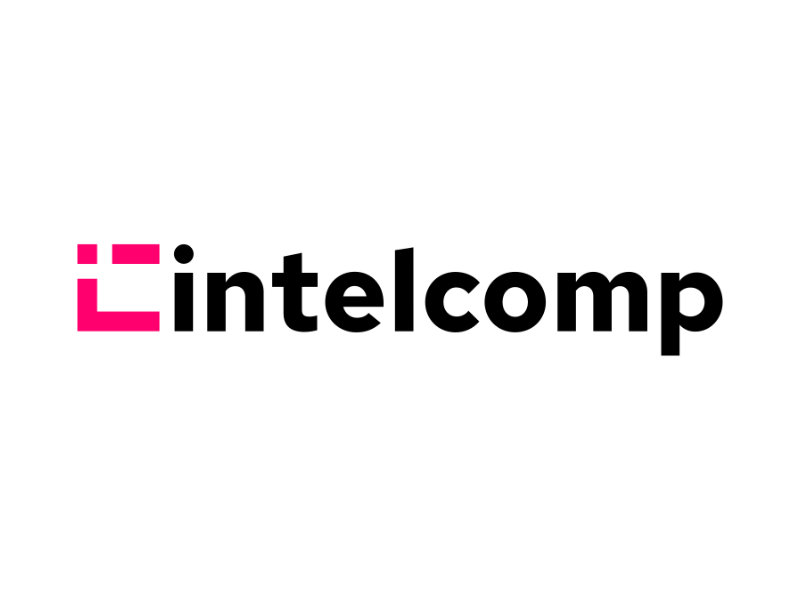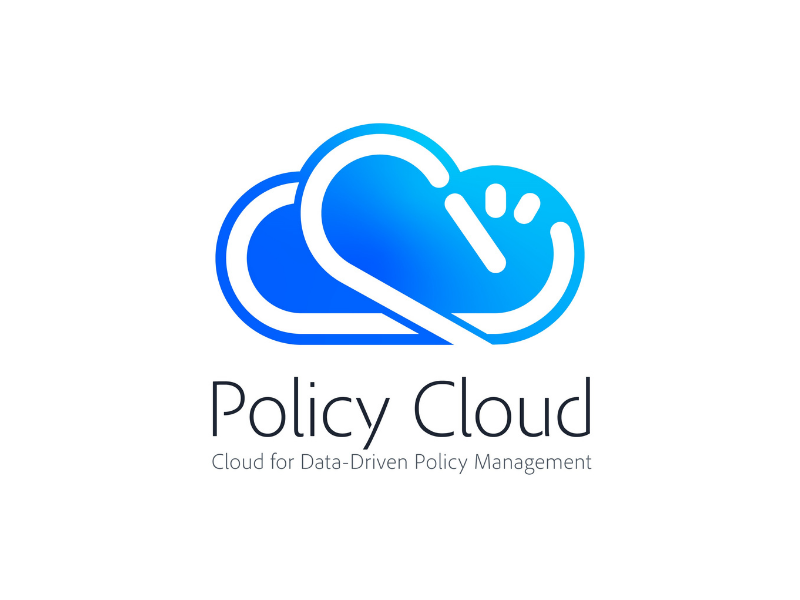About
The Project
Large Science, Technology and Innovation (STI) datasets are processed on High Performance Computing (HPC) environment part of the European Open Science Cloud (EOSC) initiative. Public Administration at all geographical and organizational levels, STI stakeholders and civil society produce a great amount of dynamic, multilingual and heterogeneous data (i.e. national STI strategies, plans and work programmes, calls, projects, reports, scientific publications, patents, dissemination articles, etc.), so understanding and analyzing this data is crucial for evidence-based policy making.
The objective of IntelComp is to deliver a platform that provides tools for assisting the whole spectrum of STI policy, i.e., agenda setting, modeling design, implementation, monitoring and evaluation.
It will do so by involving multi-disciplinary teams to co-develop innovative analytics services, Natural Language Processing pipelines and Artificial Intelligence workflows and by exploiting open data, services and computational resources from the EOSC, HPC environments and federated distributed operations at the European Union, national and regional level.
It will ensure a cooperative environment where different actors can visualize, interact and analyze information. Through co-creation, IntelComp will adopt a living labs approach and will engage public policy makers, academia, industry, SMEs, local actors, civil society and citizens to explore, experiment with and evaluate STI policies at all stages. IntelComp will be targeting domains aligned with the European Agenda and the Horizon Europe Missions: Artificial Intelligence, Climate Change and Health.
IntelComp will specifically address the following objectives:
- Understand the challenges of STI policy making via the development of a co-designed framework with stakeholders and citizens. (Conceptualization)
- Create a data space of raw and processed STI related sources to exploit structured metadata and unstructured text. (Operationalization)
- Develop a suite of AI models and analytical tools for STI analysis (NLP/ML services to extract, infer, translate, classify, correlate STI-relevant information). (Development)
- Understand, analyze and validate STI policy models (agents, externalities, relationships, causalities, …) by developing an AI-assisted policy modeling multilingual platform comprising of IntelComp models, components and interactive visualization tools. (Development)
- Deploy the IntelComp platform in HPC/HTC environment ensuring connection with EDI and emerging EOSC standards. (Operationalization)
- Co-develop tools and policies via three Living labs on specific themes of high interest to public administration and society: AI, Health and Adaptation to Climate Change. (Co-creation)
- Exploit IntelComp outputs through Dissemination, Communication, Capacity-Building, Piloting, Commercialisation & IP Protection activities aiming at maximising its impact (Sustainability)
Priority Policy Areas
The IntelComp Platform is going to be co-designed and tested with experts in three priority areas of Science, Technology and Innovation (STI) policy:
Data Driven Policy Cluster
Co-creating digital tools for better govenance
Five H2020 e-governance projects have joined efforts in the Data Driven Policy Cluster to promote the use of European cloud infrastructures for public administrations and policy making.
The Challenge
Digital technologies have changed the world. Today people expect faster, seamless, on-demand services from their providers, and Governance is no exception. For better public services which make life easier for citizens. Public Sector decision making needs to become more agile, breaking down data silos to combine day-to-day tactical decisions with longer term policies and strategies. Disruptive technologies such as Digital Twins, Artificial Intelligence (AI) and High Performance Computing (HPC) unlock new opportunities for decision making through visualisations, simulations, predictions and intelligence that enhance transparency, increase public support and involvement, and optimise resources, handling data sources too large or complex to be handled by conventional tools.
Using the European cloud infrastructure for public administrations
To support this transformation, AI4PublicPolicy, Decido, DUET, IntelComp and Policy Cloud, five pan-European projects and initiatives dedicated to using cloud for data-driven policy, have joined forces to raise awareness about their cross cutting work on data and cloud-based tools for data-driven decision making. The joint roadmap aims to describe how the Data Driven Policy Cluster contributes to using the European cloud infrastructure for public administrations, encouraging the public sector decision makers to embrace digital disruption and new innovative technologies in order to make more sustainable policy based on real-time information, predicted impact and citizen input.
Publications
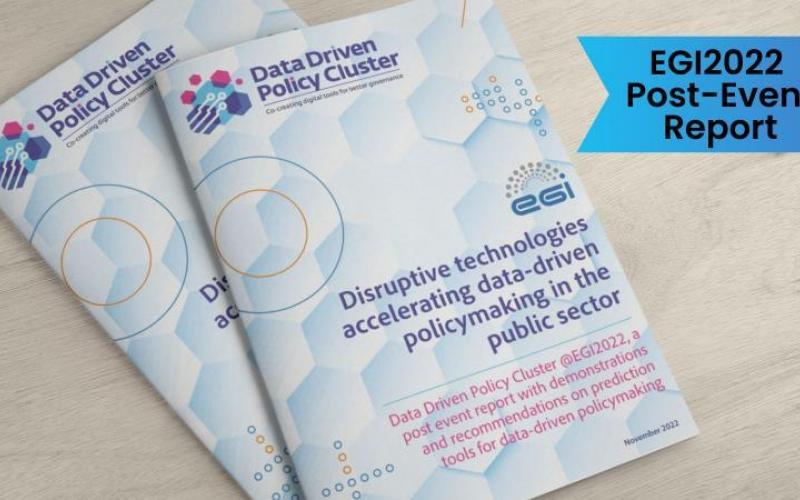
Data Driven Policy Cluster @EGI2022: A Post Event Report
Read the post-event report - EGI 2022 Workshop
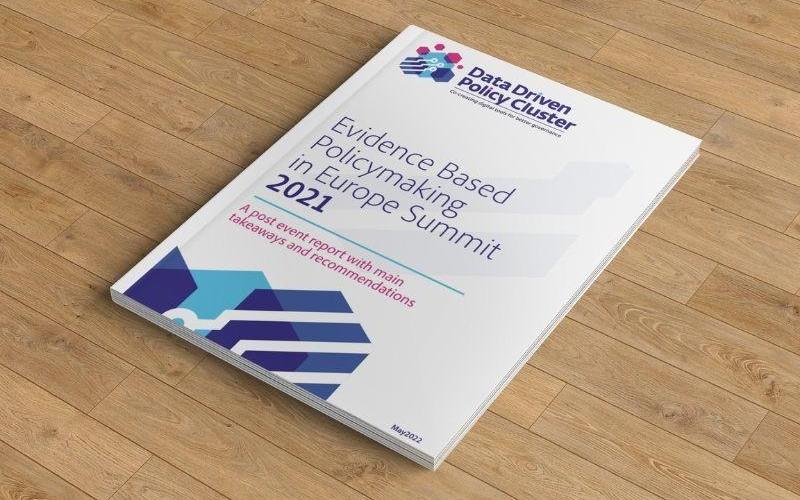
Post Event Report: Evidence Based Policymaking in Europe Summit 2021
Read the post-event report - Evidence Based Policy Making in Europe Summit





